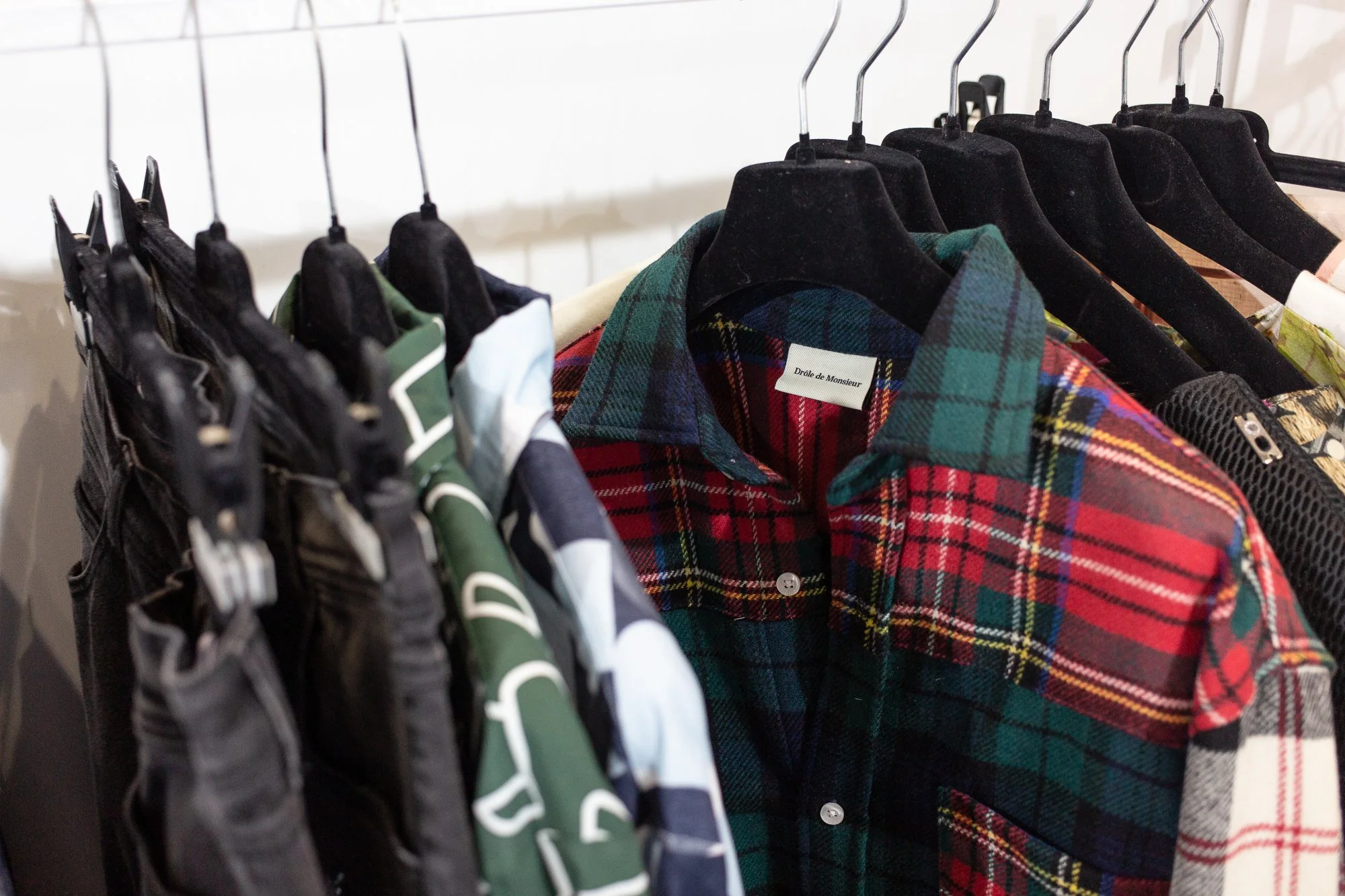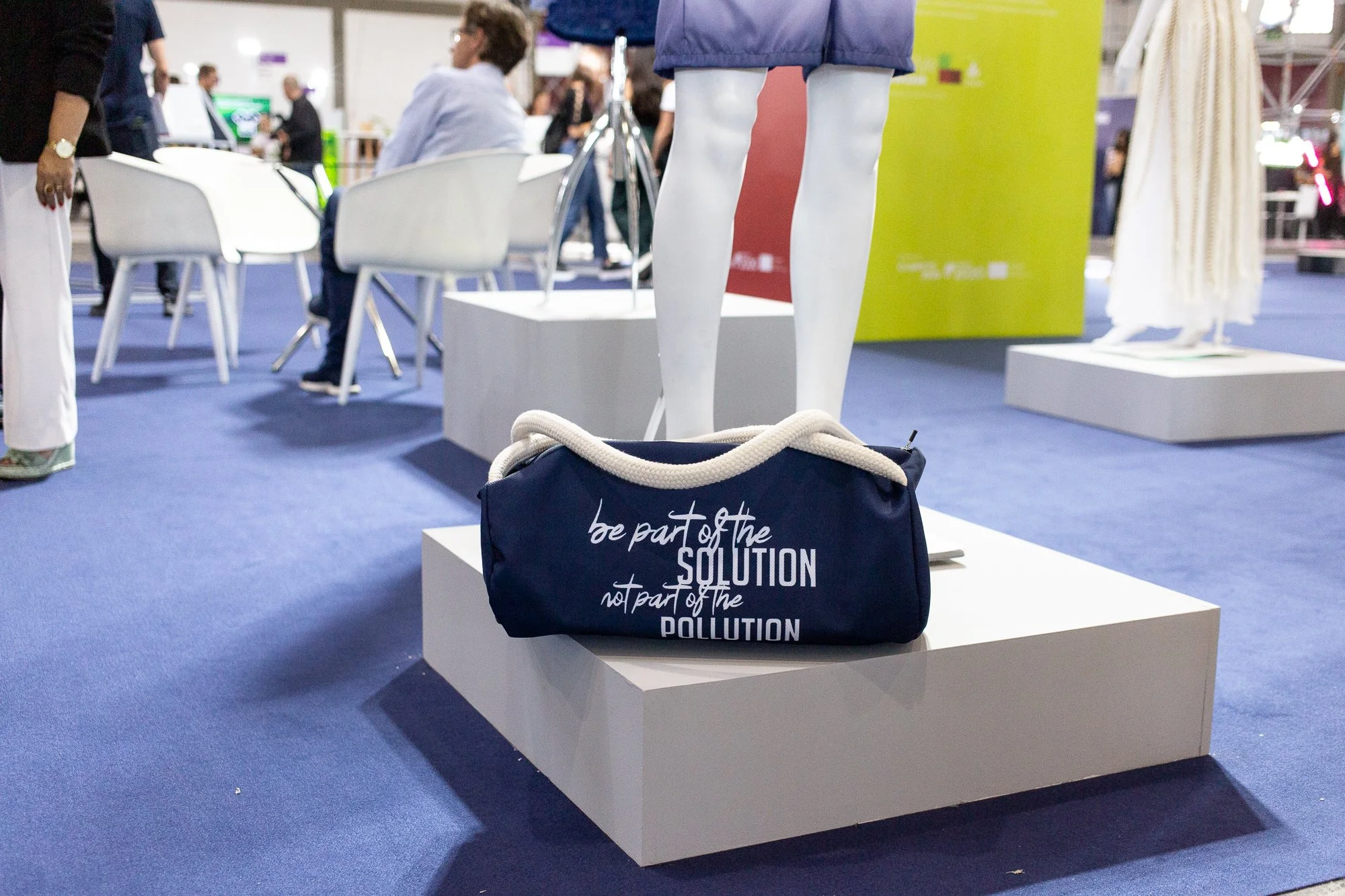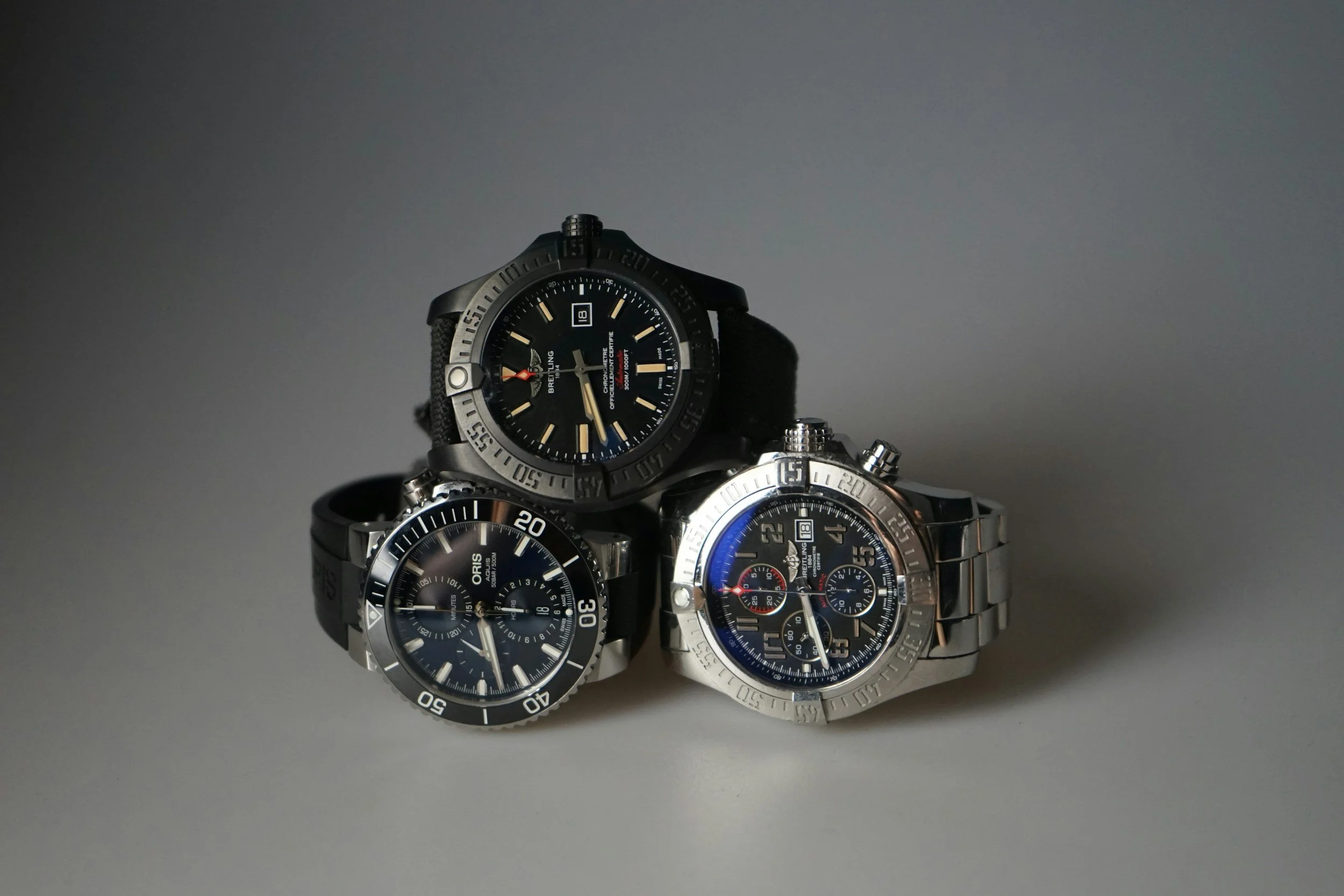Modtissimo Fashion Fair And Trade Is The Answer To Sustainable Production In 2023
By Cassell Ferere originally published on Forbes.com
Manufacturing and production in Porto are the essences of the fashion community on the Northwestern coast of Portugal. Producing textiles and garments for high-end fashion and streetwear brands for years, Porto is an unsung hero of the fashion market. Porto sources responsibly from its domain, producing textiles and garments sustainably and responsibly handling its economic market within Europe.
The Porto-based Modtissimo, a sustainable fashion fair, and trade show have made it its mission to expand its reach as a hub for ethical solutions to fashion production - the city of Porto as a whole. This February 15, the 61st fair will take place at the Exponor Exhibition Centre for the second iteration inside this 200,000 square meter facility located just north of the Porto city center.
Positioning itself as a sustainable production of textile and fabric capital of the world, Porto produces fashion for brands at all tiers. There are high-end fashion brands like Balenciaga, Hugo Boss, and Pyer Moss, streetwear brands like Kith, Daily Paper, Foret, Schnayderman’s, and even niche brands like Highsnobiety and Everlane, all produce various garments in the coastal city of Porto, Portugal.
Quality is the essence of the Portuguese fashion market. Through Modtissimo, a focus on exports supports expansion into the prominent sectors of production that promote sustainable fashion manufacturing. Porto's industrial market sees itself as a medium to the fashion supply and demand from its central post between the west and east - over 3,000 miles from NYC and almost 2,500 miles from Istanbul.
Natural materials, finer textiles, and sustainable processes for producing fashion are genuine attractions for fashion buyers, and Portugal has invested in the sector accordingly. Producing outerwear, weaving, textile manufacturing, and clothing production are the largest portions of their industry. The Portuguese manufacturing industry had 18% employment in 2019 - food products at 14% came second.
Since teaming up with ATP (Associação Têxtil e Vestuário de Portugal) in 1996, Modtissimo has become the only fair of fabrics and accessories for clothing in Portugal. As the official platform for the Portuguese textile and clothing industry, Modtissimo has focused primarily on the future of fashion - localized and circular production.
A representative from the ATP, Ana Paula Dinis, expressed the goal for Modtissimo back in 2021 with six pillars of support involving the early thought drivers of the circular fashion era, and the remaining three pillars cover tech and human-driven ideas.
The overall global textile production issues around sustainability and labor align with the values of Modtissimo and ATP. The first three pillars infuse dedicated sectors to sustainable production with capital for growth. Support for small and medium-sized companies and countries involved in textiles differentiated ways to enhance the textile markets and their sustainability.
Dinis described the fourth pillar as digitization - an efficient way to optimize processes across textile manufacturing. Cooperation and better sales support are the fifth and sixth pillars of the plan for the future. Considerably, these are the human aspects of the intricacies of the mission.
The fabric fair offers live panels and plenty of innovative demonstrations and samples while able to make connections and orders with factories from all over the Porto and Northern Portugal region. Consumers like France have increased their exports from Portugal by nearly 14% from July 2019 to July 2021, climbing to 474 million euros in 2021.
On September 6, 2022, at the Exponor Exhibition Center, Max Attermeyer, a Product Manager and Sustainability Strategist, explained a plan to localize luxury production for his company, New Optimist. During this panel titled “Future of Fashion and Textiles Is Circular,” Attermeyer described his idea of a regenerative world and decentralized markets for fairer trade and minimization of the carbon footprint.
“[We], want to show a holistic way by combining local clothing brands and social activity to operate within our planetary boundaries. The keywords are sustainable development and circularity.” Max Attermeyer says about the production process in fashion.
According to Modtissimo, the future of luxury fashion is localized production, with social matters and circular production at the helm. Modtissimo opens up the idea of sustainable fashion production as a larger scaled production that entices capitalists of the fashion industry. The geographical position allows supply chain improvements and quality, regenerative garment production.
Modtissimo has recently moved the fair to the Exponor Exhibition Centre, a 200,000 square-meter facility with 50,000 square meters of covered space and 2,500 square meters for parking. The new layout is an efficient footprint for buyers and other business personnel visiting the fabric fair. Modtissimo also educates visitors with panels in a 9450-seat auditorium and six halls of varying sizes. Many new and veteran brands have made products in Porto for years, and the evolution of sustainable fashion lives there.




















